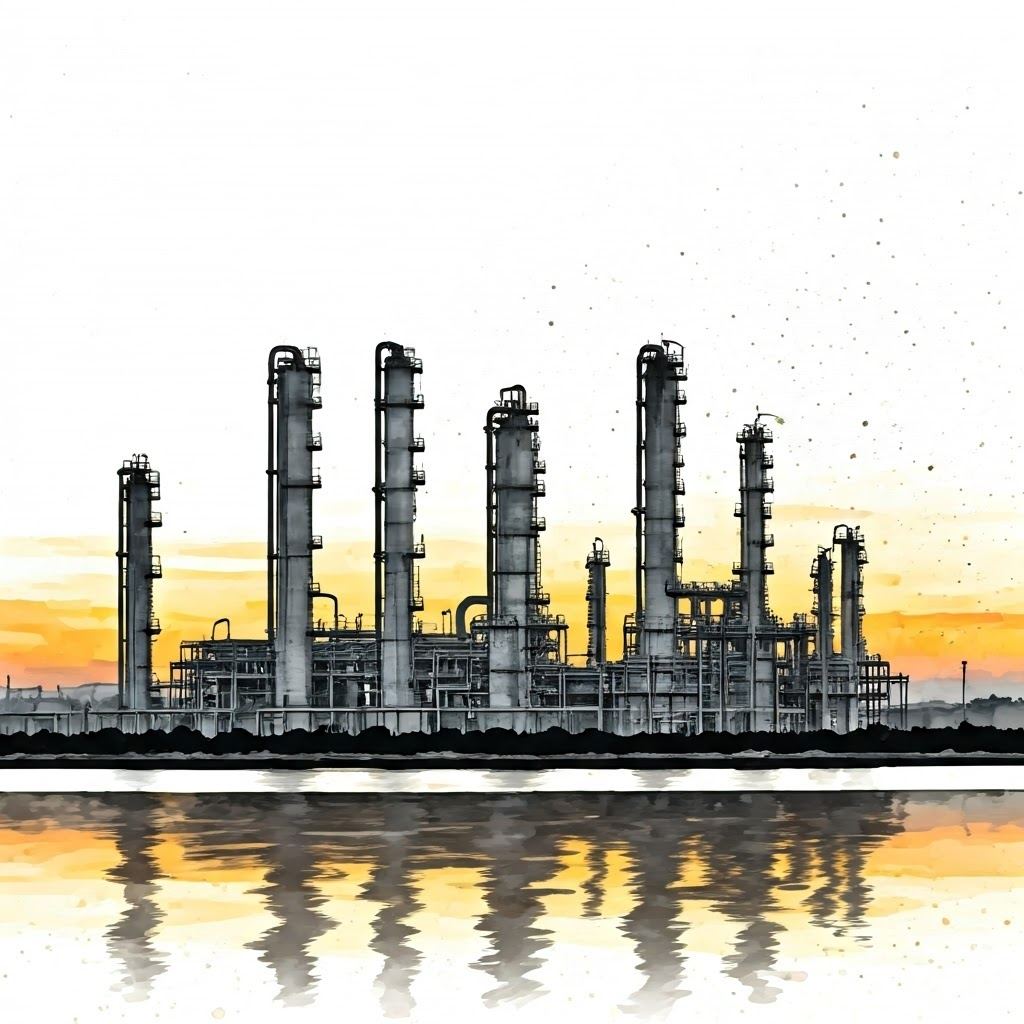Nigeria experienced yet another nationwide blackout on Wednesday, December 11, 2024, as the national power grid collapsed for the 12th time this year. This marks a historic low in grid stability, raising concerns about the country’s power infrastructure and its impact on citizens and businesses.
- 12th grid collapse in 2024, a record number
- Previous collapses throughout the year, including three within a single week in October
- Confirmation of the collapse by the Nigeria’s National Grid’s official handle
- Restoration efforts underway, but the extent of the impact is still unknown
Another Power Outage? What Happened This Time?
On Wednesday afternoon, the familiar scenario of a nationwide blackout unfolded as the national grid crumbled once again. This marks the twelfth time in 2024 that the grid has failed, surpassing previous records and highlighting the persistent challenges in Nigeria’s power sector. The official Twitter account of Nigeria’s National Grid confirmed the incident, stating that restoration efforts were underway.
A Year of Power Struggles: The 2024 Grid Collapse Timeline
The year 2024 has been particularly challenging for Nigeria’s power supply. Starting in January, the grid has suffered repeated collapses, including a cluster of three incidents within a single week in October. These frequent outages disrupt daily life, impacting businesses, essential services, and individuals across the country.
The Impact on Nigerians: Beyond the Darkness
The consequences of these power failures extend beyond the immediate inconvenience of darkness. Businesses experience losses due to interrupted operations, while vital services like hospitals and schools are forced to rely on backup generators. For ordinary Nigerians, these blackouts disrupt daily routines, affecting work, communication, and access to information. The economic and social costs continue to mount.
What’s Next? Finding Solutions to Nigeria’s Power Crisis
While the immediate focus is on restoring power, the recurring nature of these grid collapses demands a deeper examination of the underlying issues. Experts point to factors such as aging infrastructure, inadequate maintenance, and insufficient investment as key contributors to the problem. Addressing these challenges will require a concerted effort from the government, power companies, and other stakeholders to ensure a stable and reliable power supply for Nigeria’s future.
| Month | Number of Collapses |
|---|---|
| January | 1 |
| February | 1 |
| March | 1 |
| April | 1 |
| May | 1 |
| June | 1 |
| July | 1 |
| August | 1 |
| September | 1 |
| October | 3 |
| November | 0 |
| December | 1 |
Addressing the Root Causes of Grid Instability
Beyond immediate repairs, long-term solutions are crucial. Experts suggest a combination of infrastructure upgrades, improved maintenance protocols, and increased investment in renewable energy sources as potential pathways to a more reliable power grid. Additionally, addressing issues like gas supply disruptions, vandalism, and inadequate transmission capacity is essential for achieving lasting stability.





